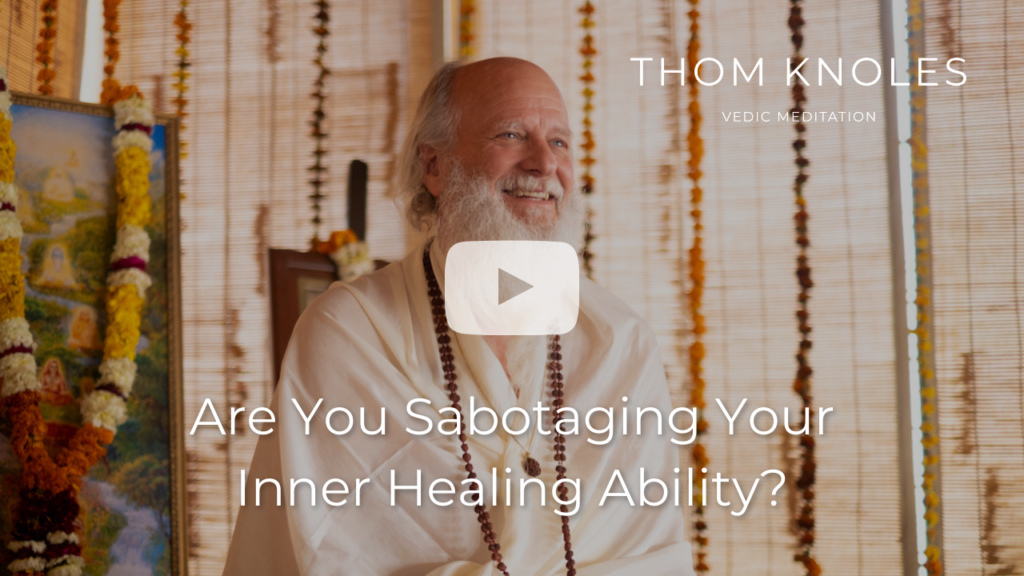Did you know that how we think about pain – and how we talk to our body – has a dramatic effect on how we feel and heal?
This is part of what makes meditation for healing so powerful.
We express ourselves in so many different ways, through speech, thought, and the written word. The creative intelligence of the physical body also has a means by which it communes, too. Our body uses the language of sensation.
REFRAMING THE WORD “PAIN”
Pain is a sensation wrapped in resistance and judgment. Pain is not helpful, it has no evolutionary use. However, if we reframe the idea of “pain” and accept the sensations with curiosity and openness, what we find is valuable information. Sensations are signposts pointing us in the direction of our next right action in ameliorating the sensation.
Our body begins by sending us some mild signals of sensations. We may feel a tickle in the throat, a sore knee, or heaviness in the eyelids. These sensations are a direct invitation from our body to rest, repair, and heal. The body is attempting to make its request known; “a few more leafy greens with dinner please,” or “let’s substitute that 3-mile run for a stroll in the sunshine instead,” or “how about shutting down the laptop a little earlier this evening to favor a good night’s rest.”
If ignored, however, the body is left with no choice but to escalate a mild-mannered request experienced as physical sensation, into an unambiguous demand for immediate action, experienced as varying degrees of discomfort, including its most expressed value; pain.
In the video below, Thom talks about the ideas of “pain” in our society and how we may be inadvertently sabotaging our own inner healing process. Thom shares:
- Misconceptions around the word “pain” and our preference not to experience it
- The “dialing up” of sensation and the experience of choicelessness
- The notion of expanded consciousness being the ultimate healer
OUR BODY IS OUR best healing ALLY
The physical body is our ally, and its messages should be treated like messages from a friend. If we ignore what the body is trying to tell us, we miss the chance to help it heal. Listening to our body is the first step in meditation for healing.
A body riddled with stress chemistry is a poor conductor of reliable information, it’s an inadequate communicator. However, with the continued removal of stress afforded by the twice-daily practice of Vedic Meditation, the body’s sensory apparatus becomes more adept at detecting subtle physiological changes. These minute physical fluctuations are expressive of information being shared by the intelligence within.
So, let’s welcome and cultivate open, receptive communication with the body. If we offer this same acute attentiveness to the body, the body is likely to make its request politely. Let’s listen, and learn to decipher the language of sensation. By tending to the needs of the body, the body remains best placed to serve us, and we want a vehicle that can offer the smoothest, most comfortable ride, for as long as relevant and possible.
Love and Jai Guru Deva

